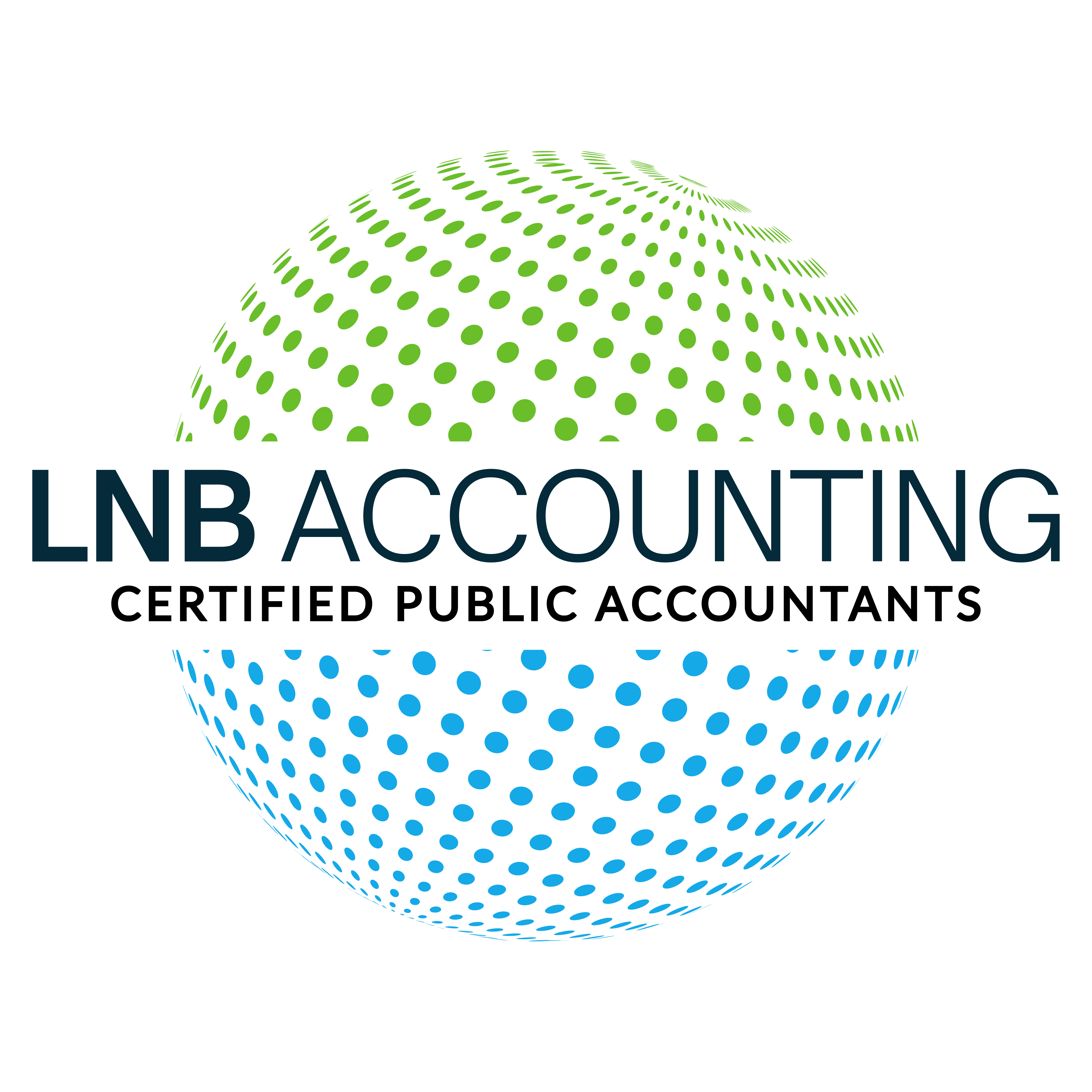Filing for bankruptcy doesn’t mean your tax obligations disappear. In fact, paying business taxes on a bankrupt business remains a crucial responsibility that requires careful attention. Whether you’re considering bankruptcy or already in the process, understanding your tax obligations can make a significant difference in your business’s future.

Understanding Tax Obligations in Bankruptcy
When your business enters bankruptcy, your tax responsibilities continue. You must still file returns and pay current taxes, even as you work through the bankruptcy process. The IRS maintains strict requirements for businesses in bankruptcy, and missing these obligations can complicate your situation.
Your immediate responsibilities include:
- Filing all required tax returns on time
- Paying current taxes as they come due
- Maintaining accurate financial records
- Reporting any significant changes in your business status
Types of Dischargeable Taxes
Not all tax debts are treated equally in bankruptcy. Some taxes may be dischargeable if they meet specific criteria. The three-year rule plays a key role here – income taxes may be dischargeable if the tax return was due at least three years before filing for bankruptcy.
Qualifying conditions for tax discharge:
- The tax return was due at least three years ago
- You filed the return at least two years before bankruptcy
- The tax was assessed at least 240 days before filing
- The return wasn’t fraudulent
- You haven’t attempted to evade tax laws
Bankruptcy Types and Their Tax Implications
Before looking into tax specifics, you need to understand your bankruptcy options. There are two main options to consider: Chapter 7 and Chapter 11 serve different purposes and suit different situations. Your choice affects how you’ll handle paying business taxes on a bankrupt business.
Chapter 7 Bankruptcy Explained
Chapter 7, often called “liquidation bankruptcy,” means closing your business and selling its assets to pay creditors.
- This option might be right for you if:
- Your business has no viable path to profitability
- You have significant unsecured debts
- You’re willing to close your business
- Your personal assets are protected
- Qualifying for Chapter 7:
- You must pass a means test
- Your income must fall below your state’s median
- You can’t have had another bankruptcy discharged in the last 8 years
- You must complete credit counseling
- Tax Implications Under Chapter 7:
- Some older income taxes might be dischargeable
- You must file all required tax returns
- Recent taxes usually aren’t dischargeable
- Sale of assets may create new tax obligations
Using QuickBooks or Sage helps track these obligations and maintain required documentation for the bankruptcy court.
Chapter 11 Reorganization In Detail
Chapter 11 allows you to keep operating while restructuring your debt. This option suits businesses that can return to profitability with time and reorganization.
- Who Should Consider Chapter 11:
- Businesses with realistic recovery potential
- Companies with valuable ongoing operations
- Firms with predictable cash flow
- Businesses with assets worth protecting
- Qualifying Requirements:
- No limit on amount of debt
- Must have regular income
- Must be able to propose a viable reorganization plan
- Need to show ability to pay ongoing expenses
- Tax Management Under Chapter 11:
- Current taxes must be paid on time
- Opportunity to restructure old tax debt
- Potential to spread payments over time
- Need for accurate financial projections
Key Differences Between Chapters:
- Business Continuation
- Chapter 7: Business closes
- Chapter 11: Business continues operating
- Asset Treatment
- Chapter 7: Assets sold to pay creditors
- Chapter 11: Assets retained for continued operations
- Tax Debt Handling
- Chapter 7: Some taxes may be discharged
- Chapter 11: Taxes typically paid over time
- Control of Business
- Chapter 7: Trustee takes control
- Chapter 11: You remain in control as “debtor in possession”
Making Your Choice: Consider these factors when choosing:
- Current financial situation
- Future business potential
- Personal liability concerns
- Tax debt amount and age
- Available resources
The IRS treats each type differently, so consulting with accounting services professionals helps ensure you choose the best option for your situation.
Common Challenges and Solutions
Your tax situation might seem overwhelming, but solutions exist for most challenges. Here’s how to handle common issues:
- Unfiled Returns
- File all missing returns immediately
- Gather necessary documentation
- Address any penalties
- Create a compliance plan
- Current Tax Obligations
- Stay current with new tax payments
- Maintain accurate records
- Document all transactions
- Keep business and personal taxes separate

Key Tax Considerations During Bankruptcy
Throughout bankruptcy, maintaining proper tax compliance is crucial. You must continue filing returns and paying current taxes while addressing past obligations. The IRS has specific requirements for businesses in bankruptcy, and meeting these requirements helps prevent additional problems.
Special Tax Situations
Certain tax situations require special attention during bankruptcy:
- Cancellation of Debt Income (CODI):
- Understanding tax implications
- Required reporting
- Available exclusions
- Documentation needs
- Trust Fund Taxes:
- Personal liability considerations
- Payment priorities
- Compliance requirements
- Resolution options
Payment Options and Resolution Strategies
Even in bankruptcy, you have options for managing your tax debt. The IRS and state tax agencies offer several programs to help businesses resolve their tax obligations while working through the bankruptcy process.
IRS Programs
When paying business taxes on a bankrupt business, several IRS programs can help manage your tax obligations. Understanding these options helps you make informed decisions about your tax strategy.
- Offer in Compromise
The IRS may accept less than the full amount owed under specific circumstances. This program requires:- Detailed financial documentation
- Proof of inability to pay full amount
- Current tax compliance
- Application fee and initial payment
- Installment Agreements
You might qualify for a payment plan that fits your financial situation. Consider:- Monthly payment amounts
- Term length options
- Interest and penalty charges
- Setup requirements
State-Level Solutions
Don’t forget about state tax obligations. Each state has different programs and requirements for businesses in bankruptcy. Your accountant can help you understand and manage both federal and state obligations.
Post-Bankruptcy Strategy
Looking beyond bankruptcy, you’ll need a clear plan for future tax management. Many businesses successfully rebuild after bankruptcy by implementing strong financial practices.
Key focus areas:
- Tax compliance systems
- Financial monitoring
- Record keeping procedures
- Professional support relationships
Tax Planning Opportunities
Several tax planning strategies can help your business recover:
Net Operating Losses (NOLs):
- Carrying losses forward
- Tax benefit timing
- Documentation requirements
- Strategic planning
Business Structure Considerations:
- Entity type evaluation
- Tax impact assessment
- Compliance requirements
- Future growth planning
Industry-Specific Considerations
The challenges of paying business taxes on a bankrupt business vary by industry. Different sectors face unique considerations when managing their tax obligations. Let’s look at some specific scenarios:
Retail and Service Businesses
- Inventory valuation impact
- Sales tax obligations
- Employee tax considerations
- Cash flow management
Manufacturing and Construction
- Equipment depreciation
- Contract implications
- Tax credit opportunities
- Project completion issues
Resources and Tools
Understanding the available resources for paying business taxes on a bankrupt business can make a significant difference in your recovery process.
Multiple resources can help you manage your tax obligations:
- IRS publications and guides
- Professional associations
- Legal aid organizations
- Financial planning tools
Technology Solutions
Modern technology helps streamline tax management:
- Accounting software options
- Document management systems
- Tax planning tools
- Compliance tracking solutions
How LNB Can Help You
Success in managing bankruptcy and taxes often depends on having the right professional support. Contact us to discuss how our team can help you manage these challenges. Key team members typically include:
- Bankruptcy attorney
- Tax professional
- Financial advisor
- Business consultant
Frequently Asked Questions
Must I continue paying business taxes during bankruptcy?
Yes, you must continue filing returns and paying current taxes even during bankruptcy proceedings. Bankruptcy doesn’t pause your tax obligations.
What taxes can be discharged in bankruptcy?
Some income taxes may be dischargeable if they’re from returns due at least three years before filing bankruptcy. However, trust fund taxes and recent taxes typically can’t be discharged.
How does Chapter 7 bankruptcy affect my tax obligations?
Chapter 7 may discharge some qualifying tax debts, but you’ll still need to pay current taxes and any non-dischargeable tax debt. The IRS reviews each case individually.
Can I set up a payment plan for taxes while in bankruptcy?
Yes, you can work with the IRS to establish payment plans, but these must be coordinated with your bankruptcy proceedings and approved by the court.
What happens to unfiled tax returns when filing bankruptcy?
You must file all required tax returns before your bankruptcy can be discharged. Working with us helps ensure proper filing.
Can state taxes be discharged in bankruptcy?
State taxes follow similar rules to federal taxes, but each state has its own specific requirements. Contact us for guidance on your state’s rules.




